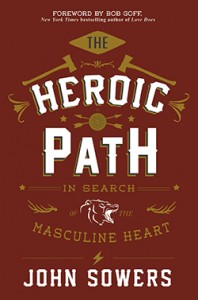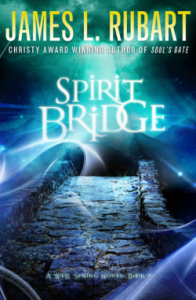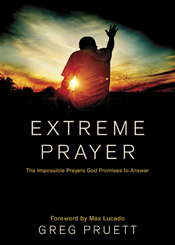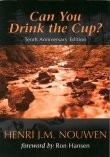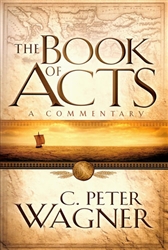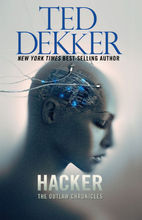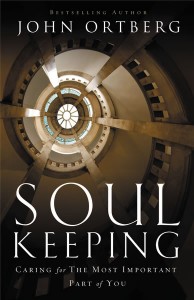“A Beautiful Defeat,” Kevin Malarkey
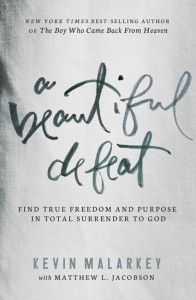
Image courtesy of HarperCollins Australia
My pastor said recently: “the Kingdom of God only prospers through an atmosphere of warfare and violence.” It reminded me of this book that I’ve just finished for the second time in quick succession.
This is an excellent practical and Scripture-based guide on how to ‘take up our cross everyday.’
Malarkey starts out exploring why it is so difficult to live a surrendered life and in so doing has a good look at the nature of sin concluding there are three key influencers to why we sin: the world, the flesh and Satan. He provides useful illustrations clarifying the three.
The rest of the book provides guidance of how to practically surrender on a daily basis. He gives a good airing to acknowledging we are in a battle and how to appropriately prepare to survive and in fact prosper through it. There is a great chapter when he compares the preparation to what a Navy SEAL has to do in their line of work having interviewed one as part of his research for the book.
Each chapter ends with an action to take an honest assessment of yourself and a prayer to commit the key learnings to the Lord.
I took many notes as I read through it and am sure I’ll be referring back to those in the days to come.
If you’re grappling with the state of your walk with the Lord, you may find some super insights in this book that will help give you some sound perspective.
Highly recommended.

